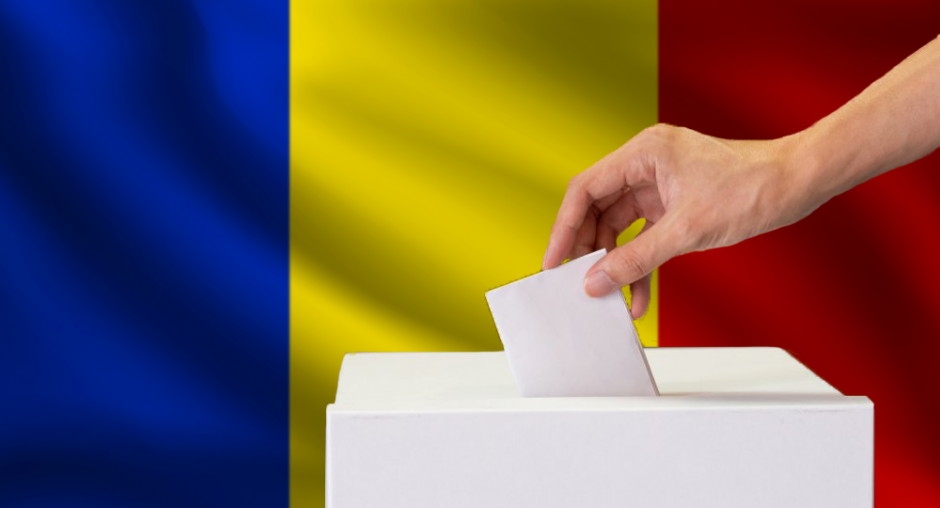Should we expect an anti-Ukrainian shift in Romania after the double elections?

Romania is set to undergo a complete political system reboot this year. Presidential and parliamentary elections will be held almost simultaneously. At first glance, these elections don't pose a threat to Kyiv.
Most likely, anti-Ukrainian parties, though they may enter parliament, will remain in opposition. Read more in the article by Serhiy Herasymchuk, Deputy Executive Director of the Foreign Policy Council "Ukrainian Prism" - Romania ahead of a reboot: will double elections there affect relations with Ukraine The first round of Romania's presidential elections is set to be held on 24 November, when the second round is scheduled on 8 December.
On 1 December, parliamentary elections will also be held. Advertisement: The least suspense maintains the parliamentary elections.
Polls indicate that the Social Democratic Party is likely to lead, currently supported by about 30% of voters. In second place, with 19%, is the National Liberal Party, part of the governing coalition and partnered with the Social Democrats in the European Parliament elections. It's also very likely that the political bloc United Alliance of the Right (ADU), led by the Save Romania Union (USR), will enter parliament.
This pro-European force once held power but couldn't maintain it, even though it was part of the ruling coalition at one point. A worrying signal for Ukraine is the continued presence of the anti-Ukrainian AUR party in parliament, with about 15% of Romanian voters ready to support them. The situation is further complicated by the possibility that the controversial Diana Sosoaca's SOS party might enter parliament, currently polling at around 6%.
However, the prospect of the Social Democrats and National Liberals continuing their tandem, possibly supplemented by support from the Hungarian minority party, which is predicted to get 5%, provides some reassurance. The situation with the presidential election is entirely different and constantly changing. The current president, National Liberal Party representative Klaus Iohannis, cannot run for a third term, making change inevitable.
When the parliament set the election dates, polls suggested that these changes could be quite unexpected. A surprising candidate has emerged on Romania's political horizon: the current NATO Deputy Secretary General Mircea Geoana. Although he has not lived in Romania for some time, his media presence has increased in recent months.
In July, he immediately topped the polls with 26.7%. He led over the current Prime Minister, Social Democrat Marcel Ciolacu, who had 17.8%, and Save Romania Union's representative, Elena Lasconi, with 14.3%. Mircea Geoana's election as president would be favourable for Ukraine since he hasn't made any anti-Ukrainian statements or actions and is well-integrated into the European elite.
However, things didn't go as planned. Geoana's strengths began to turn into weaknesses as scandals from his time at NATO resurfaced. As a result, his candidacy has lost some of its luster, reflected in his declining ratings.
Overall, Ukrainians don't have to worry that Romania will drastically change its supportive stance toward Ukraine after the elections. The chances of Kyiv's opponents winning the presidential or parliamentary elections are low. The key players remain supportive of Ukraine.
If you notice an error, select the required text and press Ctrl + Enter to report it to the editors.